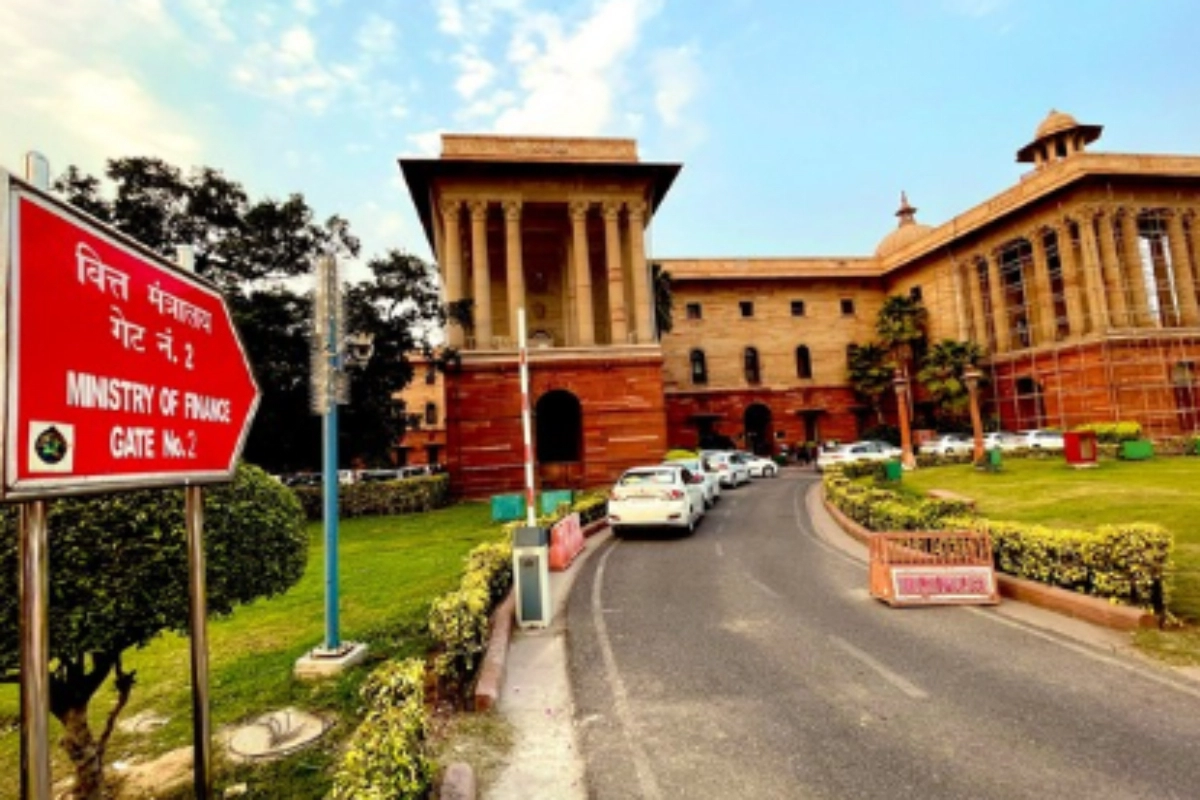Special Status For States: Now that a coalition government is in power at the federal level, states like Andhra Pradesh and Bihar are focusing once more on their desire for special status. The two significant coalition partners of Modi 3.0, the JDU from Bihar and the TDP from Andhra Pradesh, will put pressure on him to grant their states special status.
The Dissolution of the 13th Planning Commission
However, states do not have a special status under the existing regulations. The 13th Planning Commission was dissolved in August 2014, and the 14th Finance Commission has not distinguished between states falling under the special and general categories. The government implemented the 14th Finance Commission’s recommendations, increasing tax devolution to states from the federal level to 42% from 32% before.
Additionally, a new provision of revenue deficit grants was created for states with resource gaps. These changes took effect on April 1, 2015. The overall amount of devolution to states under the new provision increased by Rs 1.78 lakh crore from Rs 3.48 lakh crore in 2014–15 to Rs 5.26 lakh crore in 2015–16.
Determining State Shares
Each state’s attempt to raise its own tax income is combined with a mechanism designed to reward demographic performance to determine each state’s share. Geographical area, forest cover, and the state’s per capita income are also factored into the algorithm.
Under the leadership of N K Singh, the 15th Finance Commission rewrote tax devolution, reducing it from 42% to 41% following Jammu & Kashmir‘s 2019 separation from the Union. Thus, until 2026, the present tax devolution to the states is set at 41%. Special category states received 90% of the financial contribution from the center for all centrally sponsored schemes whereas the states’ share was limited to 10% under special category status, which was in effect until March 2015.
DON'T MISS
Special Category States Before 2015
Prior to 2015, states with special category state status included Assam, Tripura, Arunachal Pradesh, Meghalaya, Manipur, Nagaland, Mizoram, Sikkim, Uttarakhand, Himachal Pradesh, and J&K. The northeastern and hill states are nevertheless subject to the 90:10 norm even if there isn’t a unique status category. The Central government contributes 60% of the funding to the other states, with the remaining 40% going to the states.
The proposal must be sent to the NITI Aayog or the 16th Finance Commission, led by Arvind Panagariya, for approval if the coalition government led by Modi 3.0 wishes to review the situation and provide special category status to Bihar and Andhra Pradesh. States requesting special category status include Odisha, Chhattisgarh, Rajasthan, and Andhra Pradesh, in addition to Bihar and Andhra Pradesh.
Alternative Financial Aid
This makes it clear that states do not have special category status under the current regulations. However, the federal government may choose to offer states experiencing a shortage of resources and a revenue deficit an additional package of financial aid. Under this arrangement, Andhra Pradesh and Bihar might receive additional funding.
The Centre has given the states Rs 1.39 lakh crore for tax devolution in June, the announcement was made on Tuesday, June 11. According to the finance ministry, this release is distinct from the monthly devolution sum for the month of June. According to the ministry, it will allow states to expedite capital expenditures and growth.
The devolution of taxes to the states was allocated Rs 12.19 trillion in the Interim Budget for 2024–2025. With this announcement, the total amount devolved to states for 2024–25 up until June 10 is Rs 2.8 trillion.
Breakdown of Financial Releases by the Finance Ministry
The framework for tax devolution is presently being updated by the Sixteenth Finance Commission for the fiscal year 2027–2031 era. In formulating its proposals, the Commission will look at state development needs, tax buoyancy trends, and the Center’s commitments.
According to the finance ministry, Uttar Pradesh received Rs 25,069.88 crore, Bihar received Rs 14,056.12 crore, and West Bengal received Rs 10,513.46 crore in the most recent round of budget releases. Madhya Pradesh received Rs. 10,970.44 crore, while Rajasthan received Rs. 8,421.38 crore.



